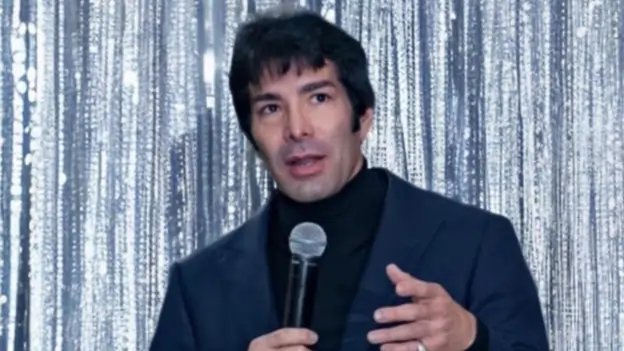West Virginia Passed Universal Licensing Reciprocity Bill: Joseph Lento of Lento Law Firm on What It Means for Professionals


West Virginia made a bold move in professional licensing reform with the passage of Senate Bill 458, the Universal Professional and Occupational Licensing Act of 2025. The law streamlines the process for professionals moving into the state, granting license reciprocity to individuals who have been l...
West Virginia made a bold move in professional licensing reform with the passage of Senate Bill 458, the Universal Professional and Occupational Licensing Act of 2025. The law streamlines the process for professionals moving into the state, granting license reciprocity to individuals who have been licensed in another state for at least a year and who meet specific criteria.
Supporters argued that the bill would boost workforce mobility, attract skilled professionals to West Virginia, and address critical labor shortages in fields such as healthcare, construction, and technical trades. Critics, however, warned that relaxing licensing requirements could weaken consumer protections and lead to a decline in professional standards.
Joseph Lento, founder of Lento Law Firm, has extensive experience in defending professionals facing licensing board scrutiny and navigating regulatory challenges. As states experimented with different approaches to licensing, legal experts remained divided on whether universal reciprocity would benefit the workforce or introduce new risks.
What the Law Introduced and Why It Mattered
“For professionals facing licensing challenges, reciprocity can be a double-edged sword. While it simplifies the process for those with clean records, it remains unclear how West Virginia will handle applicants with past disciplinary actions or licensing disputes in other states. Professionals must be aware that unresolved issues in their previous jurisdiction could follow them under this system,” says Lento.
Under prior law, professionals moving to West Virginia often had to undergo lengthy bureaucratic processes to transfer their licenses. This posed a significant barrier, particularly for individuals in regulated fields such as nursing, teaching, electrical work, and engineering.
The Universal Licensing Reciprocity Act:
Similar laws had been passed in Arizona, Pennsylvania, and Ohio. Early data from those states suggested they helped fill workforce gaps. However, concerns persisted about whether streamlined licensing led to a reduction in quality control and oversight.
The Debate Over Licensing Reciprocity
Lento says, “One of the biggest concerns for licensed professionals is how disciplinary actions will be reviewed under a reciprocity framework. Will West Virginia licensing boards have the authority to scrutinize past infractions, or will the state be forced to accept professionals with histories of board discipline? Without clear safeguards, professionals could find themselves in a system where past disciplinary matters—perhaps even those unfairly imposed—become permanent obstacles to their careers.”
The push for universal licensing reciprocity became part of a broader national debate over occupational licensing reform. While some argued that licensing requirements had become overly restrictive, others cautioned that loosening standards could undermine public trust in licensed professionals.
Concerns surrounding the law included:
Supporters countered that strict licensing laws created unnecessary barriers, kept qualified professionals out of the workforce, and worsened labor shortages in essential sectors.
What Comes Next?
Now that the law has taken effect, professionals moving to West Virginia must take extra precautions to ensure their licensure history is in order. Any prior disciplinary action or unresolved complaint could create unexpected roadblocks.
As other states evaluate their own licensing policies, West Virginia’s reform will be closely watched. Whether it becomes a national model for workforce mobility or a cautionary tale of regulatory gaps remains to be seen.
Disclaimer and Disclosure:
This article is an opinion piece for informational purposes only. Global Banking and Finance and its affiliates do not take responsibility for the views expressed. Readers should conduct independent research to form their own opinions.
Licensing reciprocity allows professionals licensed in one state to obtain a license in another state without retaking exams or additional training, provided they meet certain criteria.
Consumer protections are laws and regulations designed to ensure the rights of consumers, promoting fair trade, competition, and accurate information in the marketplace.
Explore more articles in the Top Stories category











